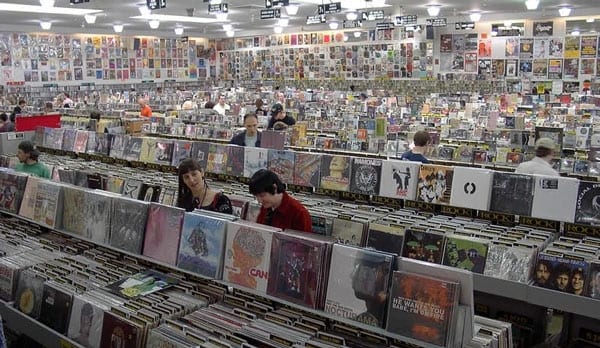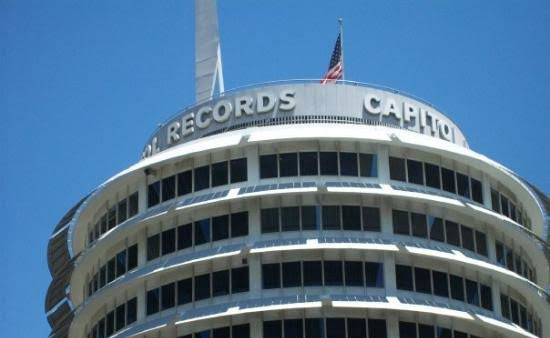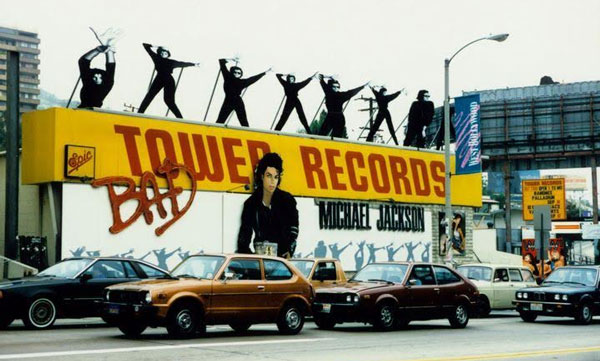
I read from time to time on the various social media many comments and articles regarding the end of the music industry and the decline of all those colossal labels that once ruled the music world and defined the lives and careers of all the artists worldwide.
As a matter of fact there are many who are inclined to dispose completely the term “music industry” by underlining the positive terms of “artistic freedom and integrity” that were criminally absent 20-30 years ago. Without taking sides or even going into details on that matter, we can only say that the discussion is still ongoing and I believe that David Geffen on the recent documentary about Tower Records is making an excellent point that it is worth checking out.

But should we really condemn the term “music industry”? Is it the one we should blame on the current state of (music) things? Could the road have been different and how illusive and misleading are all those negative comments from the so called artists?
Without making a thorough historical rewind –we would need at least 2-3 separate articles- it is essential to point out that the term “music industry” made its appearance when it was common to massively (re)produce records especially after Word War II. Of course, there was a systematic reproduction of musical products before that timeframe but it was on a much smaller scale. Also, it was after the late 40s-early 50s when people tended to buy regularly musical products having left behind the worries of the everyday survival…but we are getting somewhere else now.
Hard Rock and Heavy Metal became hugely popular in the 80s with the albums turning platinum and multiplatinum in a matter of days or weeks! MTV, the advertisements on the weekly or monthly press, the constant radio airplay, the soundtracks…everything added something to the mass hysteria of the 80s. Even the dress code and hairstyling was copied from the 80s hair metal bands or later on from the grunge outfits of the early 90s. Behind the scenes, there was a well-oiled machine driven by the executives of the multinational labels that are considered nowadays chief responsible for the downfall back then they built careers, offered classic albums and turned music artists in huge stars.
Yes, the record labels wanted to gain money…lots of money. After all, it was business. It was, at times, quite obvious when they artistically “drained” a musician or when they “manufactured” bands in order to jump on the bandwagon of the latest trend. But take a minute to think about how different things would be without those huge record labels. You can’t do much just by the sheer notion of “artistic quality”…if you are content with just that then all you can hope for is to find a place on a sub-reference of a music encyclopedia. After all, there are countless “lost bands” out there that could have/should have but never made it! So now, we witness so many artists struggling to make their songs known to the masses in the chaotic internet world where the term “classic” is as rare as a penguin in the Sahara desert.
Having said all that, before we put the blame on the record industry, it is wise to think how music would be without it. The means could have been sometimes unethical but the end was holy and much desired. And trust me when I am saying that the music industry justified in daily basis the Machiavellian way of thinking that was –just between you and me- quite right.
Sakis Nikas







